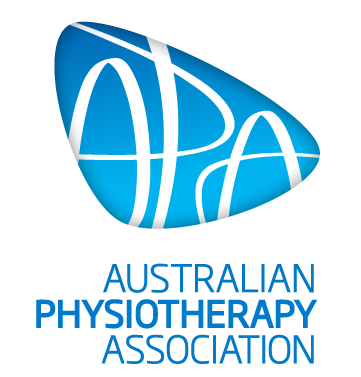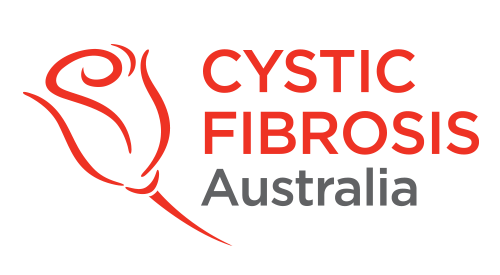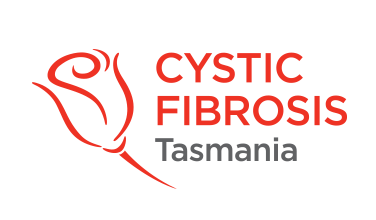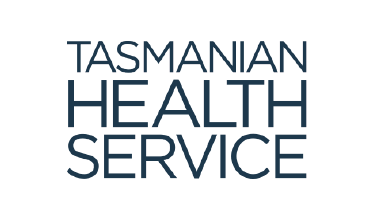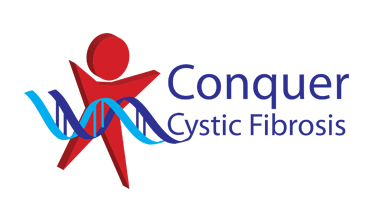Bone Disease in Cystic Fibrosis
People with CF have lower bone mineral density (BMD) than most other people. Their bones may not be as robust when compared to the general population. Puberty is a very important time where you can have an impact on the health of your bones. Studies have shown that bone growth and strength during puberty in CF is decreased compared to the general population. Severe lung disease, lower levels of physical activity, weight and body mass index (BMI) can all lead to lower BMD. Your body mass index is a measure of your height and weight.
Performing physical activity when you get your heart rate up (high intensity) and when you are putting weight through your arms and legs (weight bearing) such as running, and jumping, can help build your bone health. Studies have shown that the time before puberty and early puberty years are very important to help increase bone health. Therefore, children and early adolescents should take part in 30 minutes of high impact weight bearing exercise three times a week, to improve bone health.
If your health care team have not informed you that you have any problems with your bones, then you should work together with your physiotherapist to make a general exercise routine. It should have a mix of weight bearing (feet to the ground) and some dynamic activities. Examples include skipping, running, and a weights program (that is suited to your age). If your health care team has let you know that your bones are not as strong as they should be, you should still do regular exercise. But talk to your physiotherapist to work out how you can exercise safely. If you have CF related bone disease please talk to your physiotherapist before participating in any contact sport, you may still be able to do this but it is important to check if there are any precautions you may need to take to reduce your risk of bone injury.


